Clinton Global Initiative September 2022 Meeting
The Clinton Global Initiative (CGI) convenes global and emerging leaders to drive solutions to the world’s most pressing challenges.
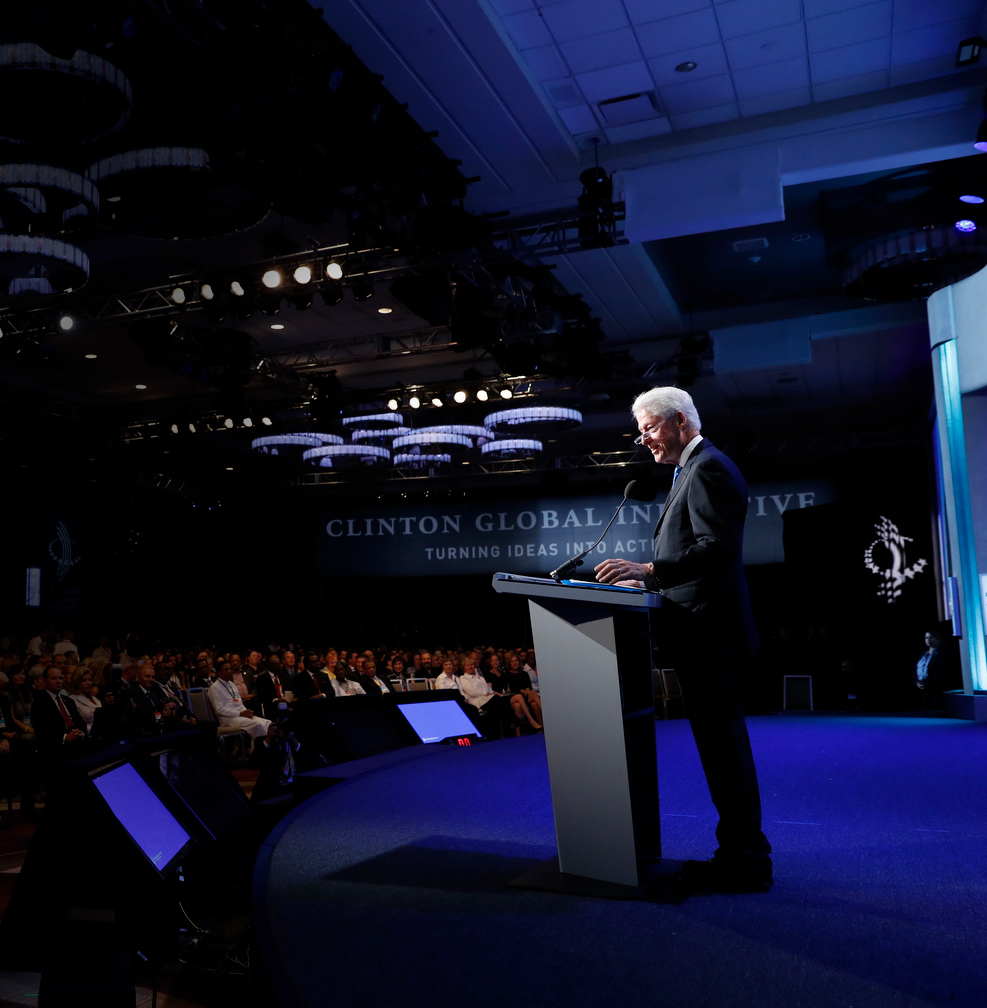
Creating a community of doers who are taking action on the world’s most pressing challenges, together

The Clinton Global Initiative (CGI) brings together established and emerging global leaders to create and implement solutions to the world’s most pressing challenges. CGI works with partners to develop Commitments to Action — new, specific, and measurable actions in climate resilience, health equity, and inclusive economic recovery and growth.
President Bill Clinton launched CGI in 2005 to turn ideas into action — creating a new space where leaders across sectors could commit publicly to form unlikely partnerships and take action together. Since then, partners in the CGI community have made more than 3,800 Commitments to Action that have made an impact in the lives of over 435 million people in more than 180 countries.
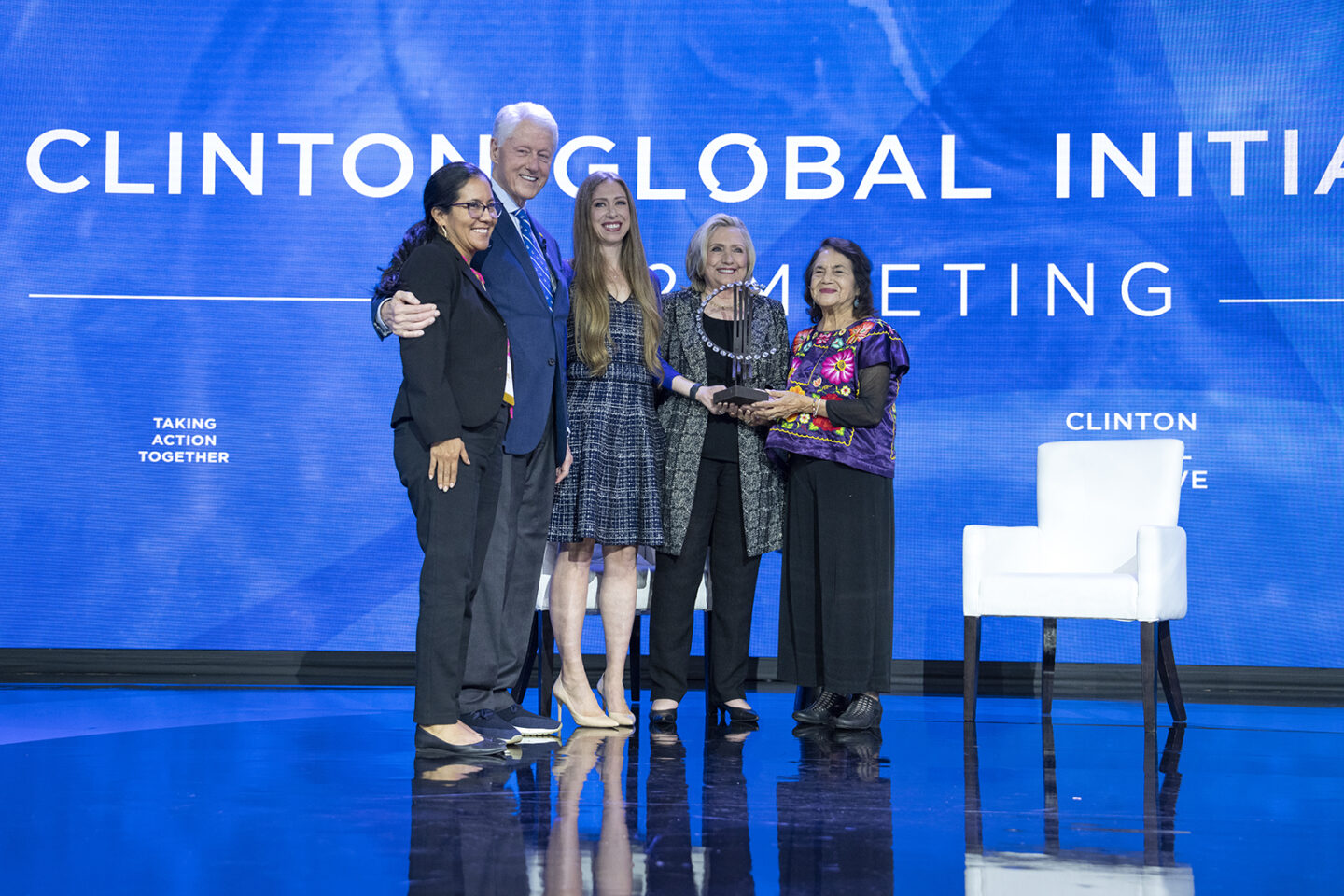

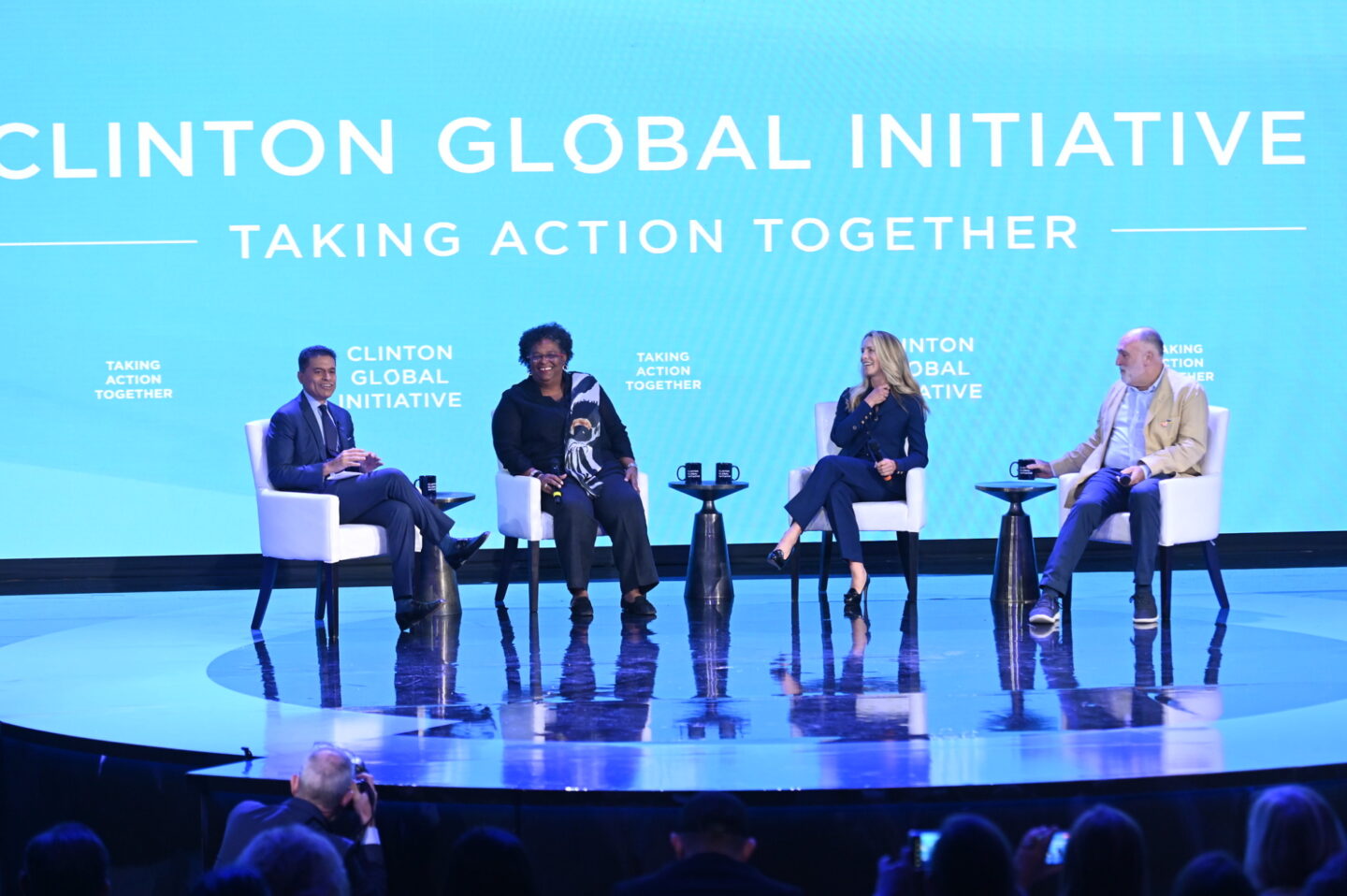
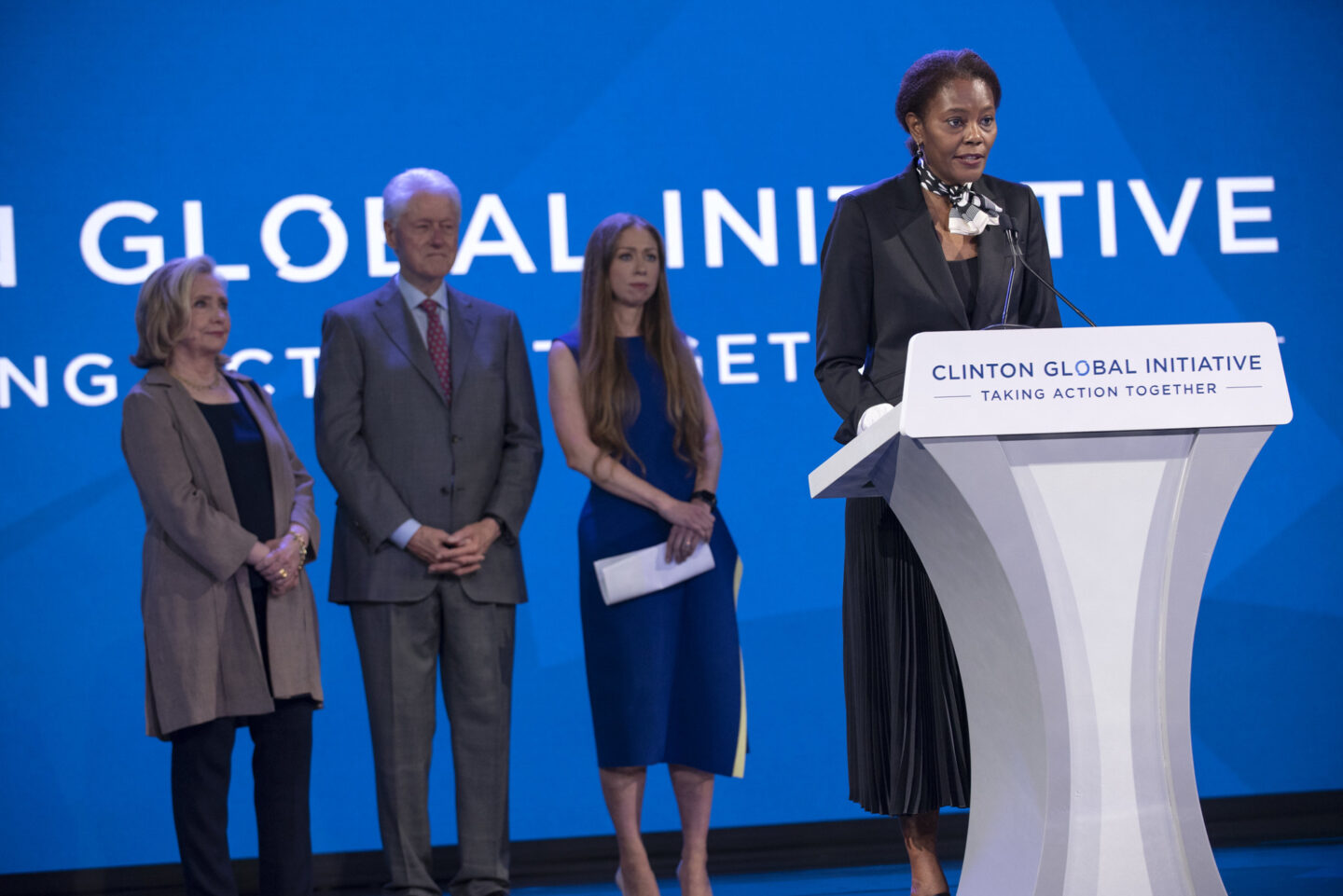

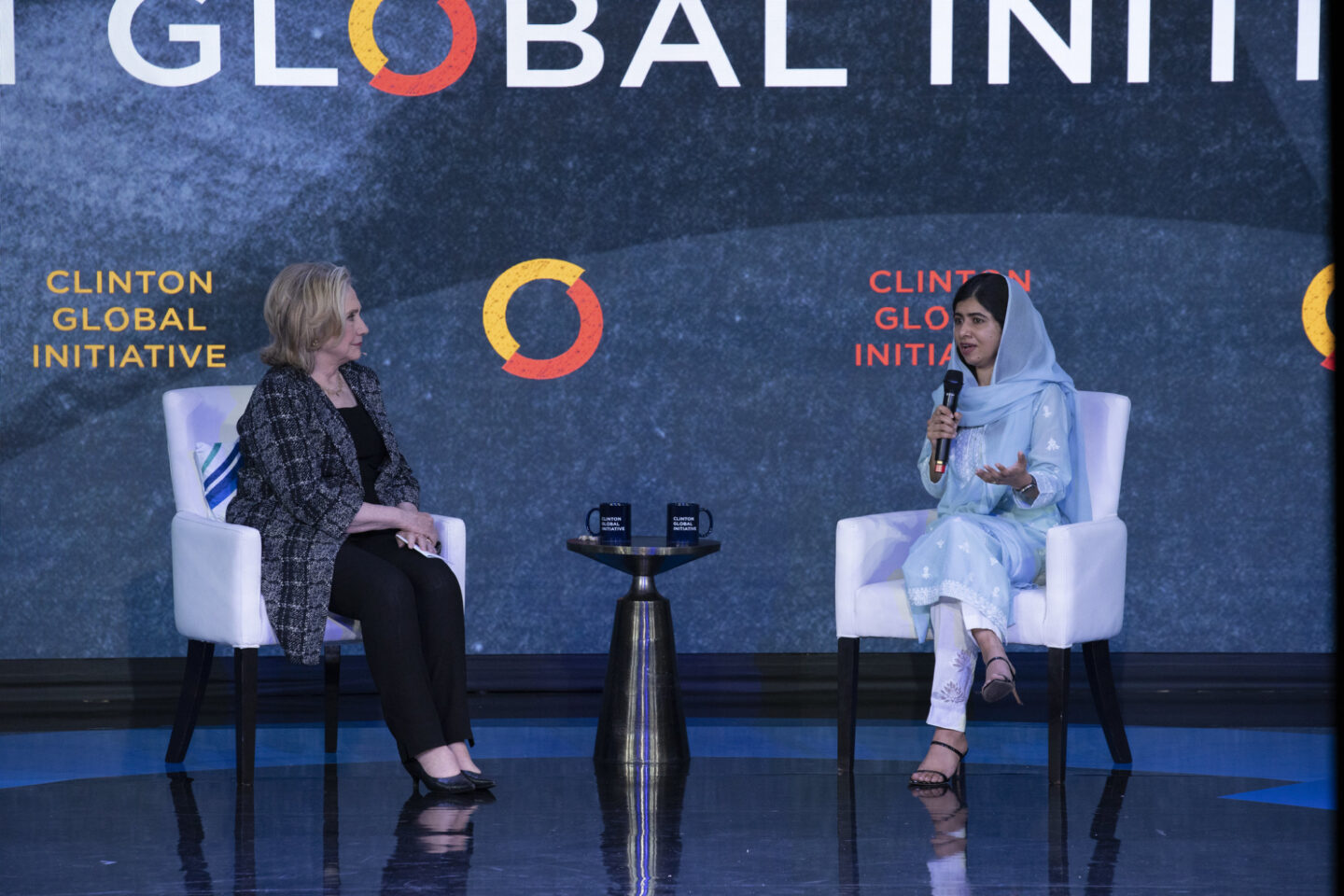

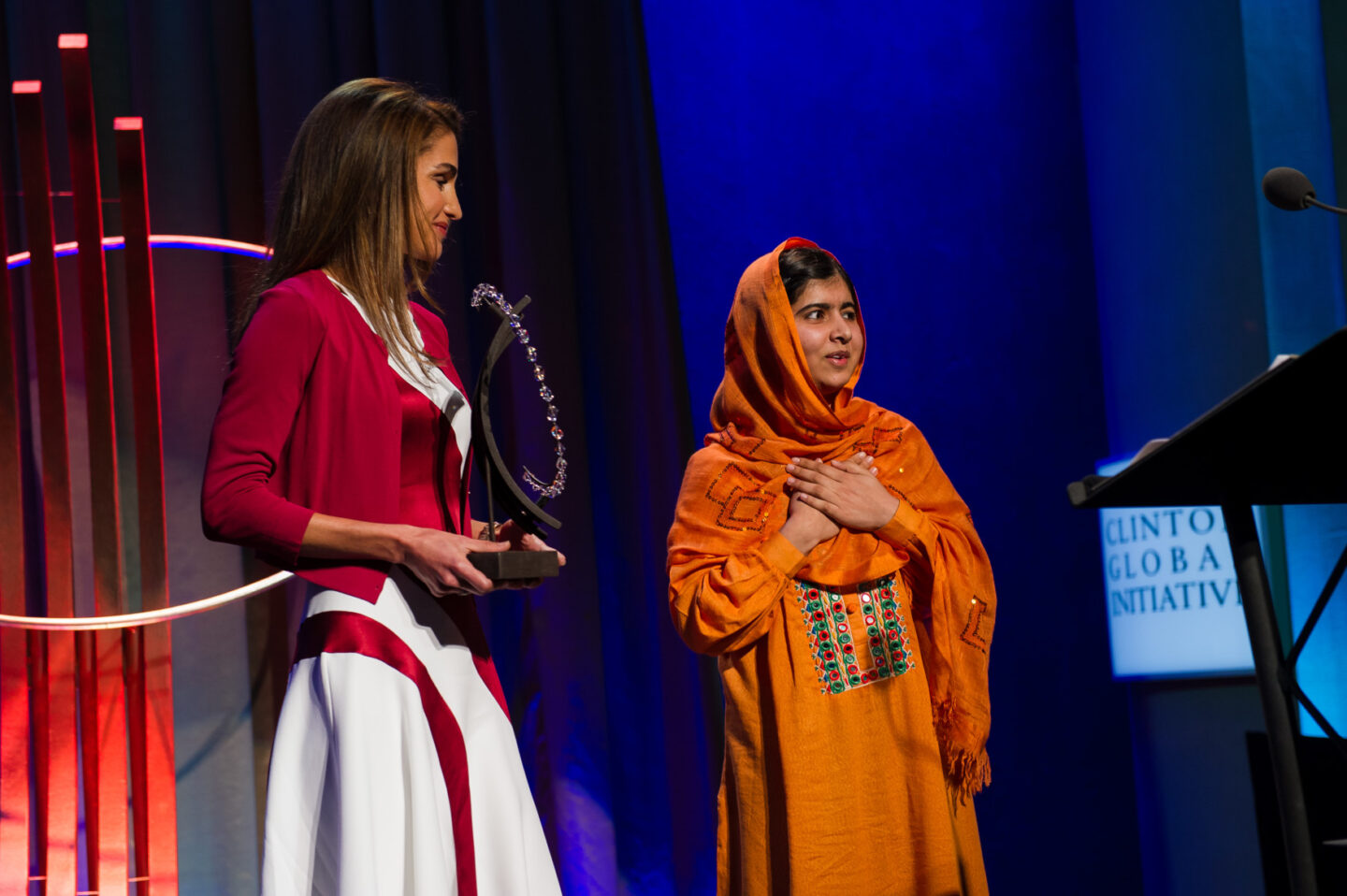
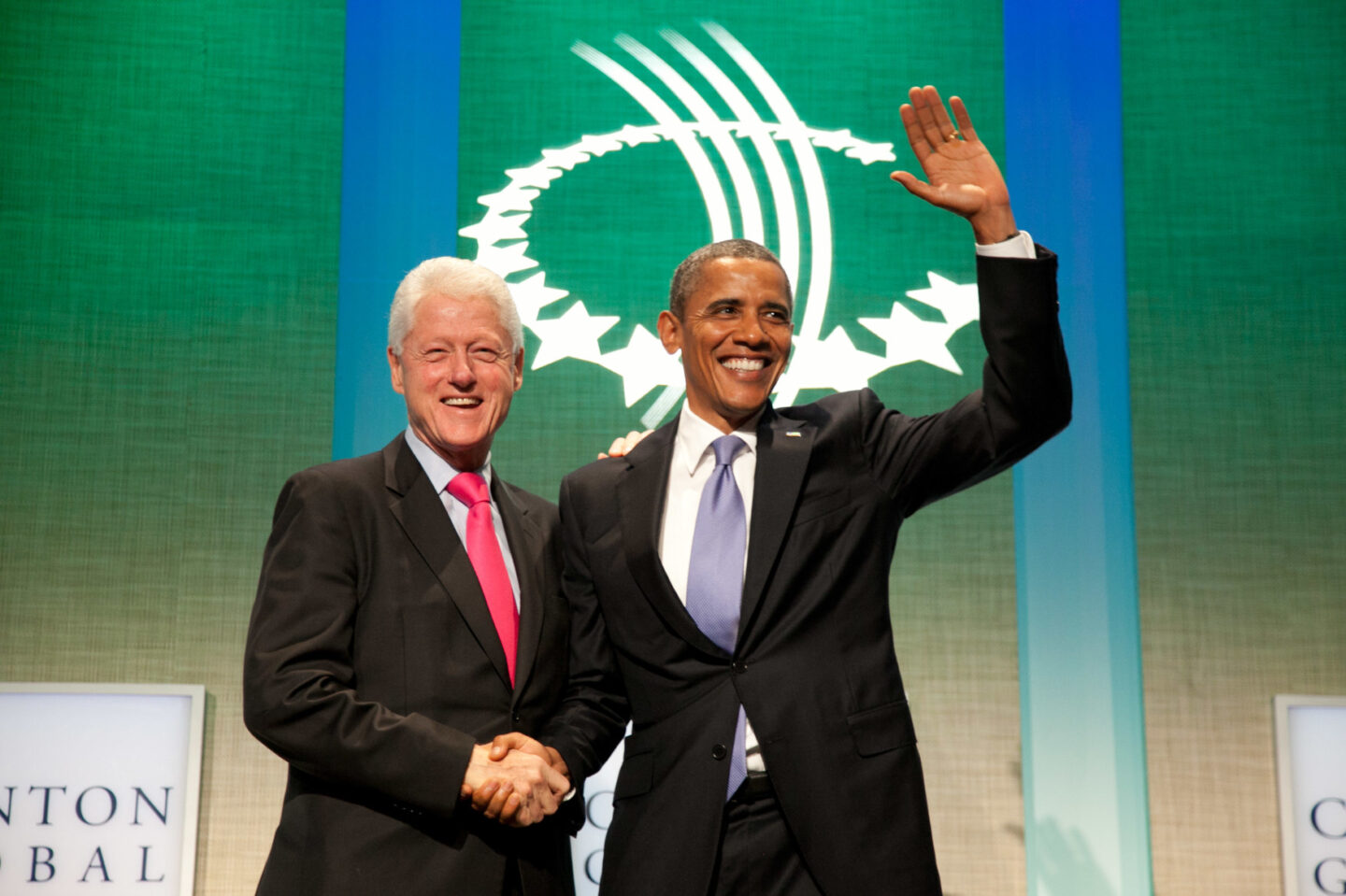
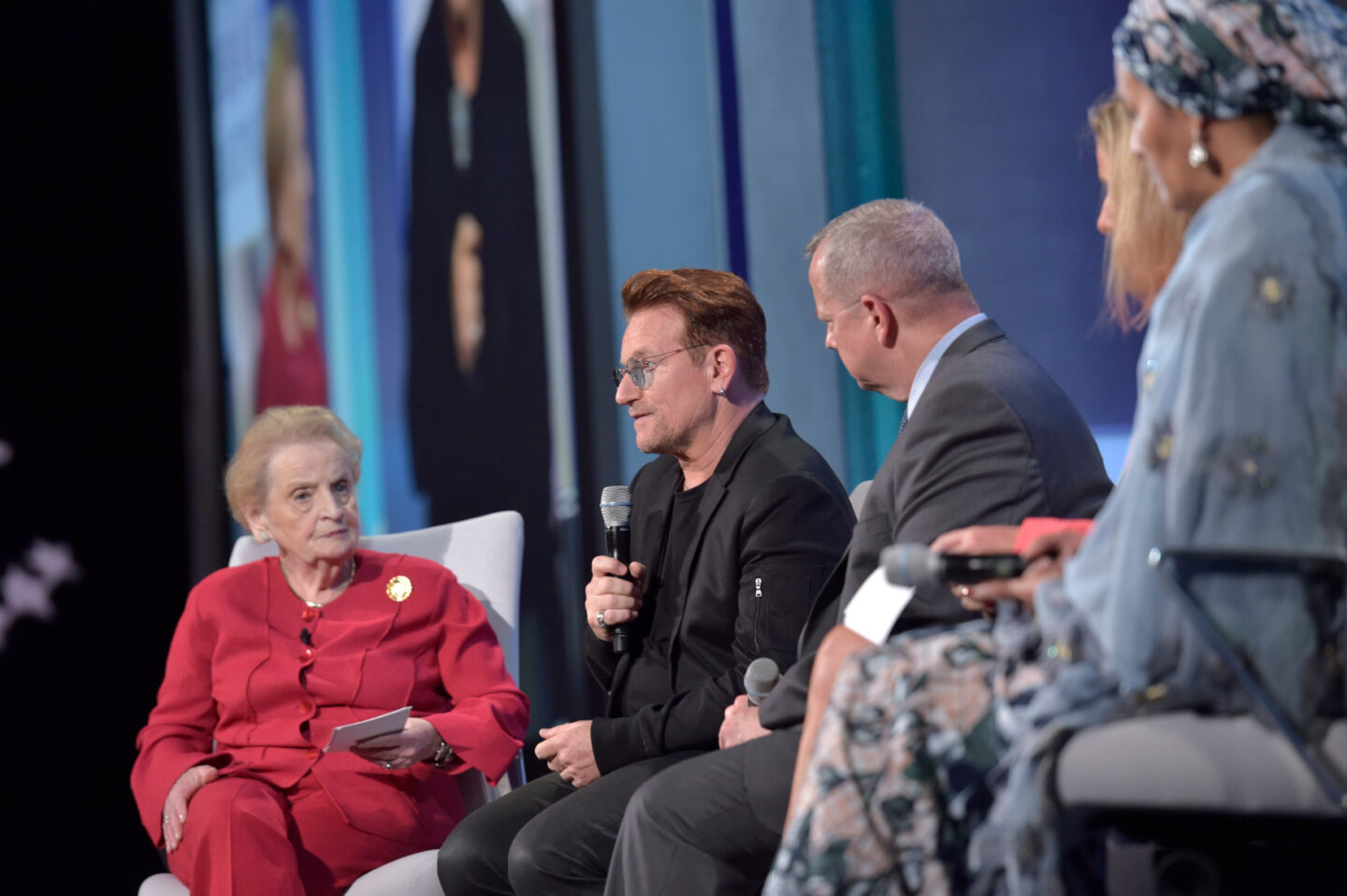
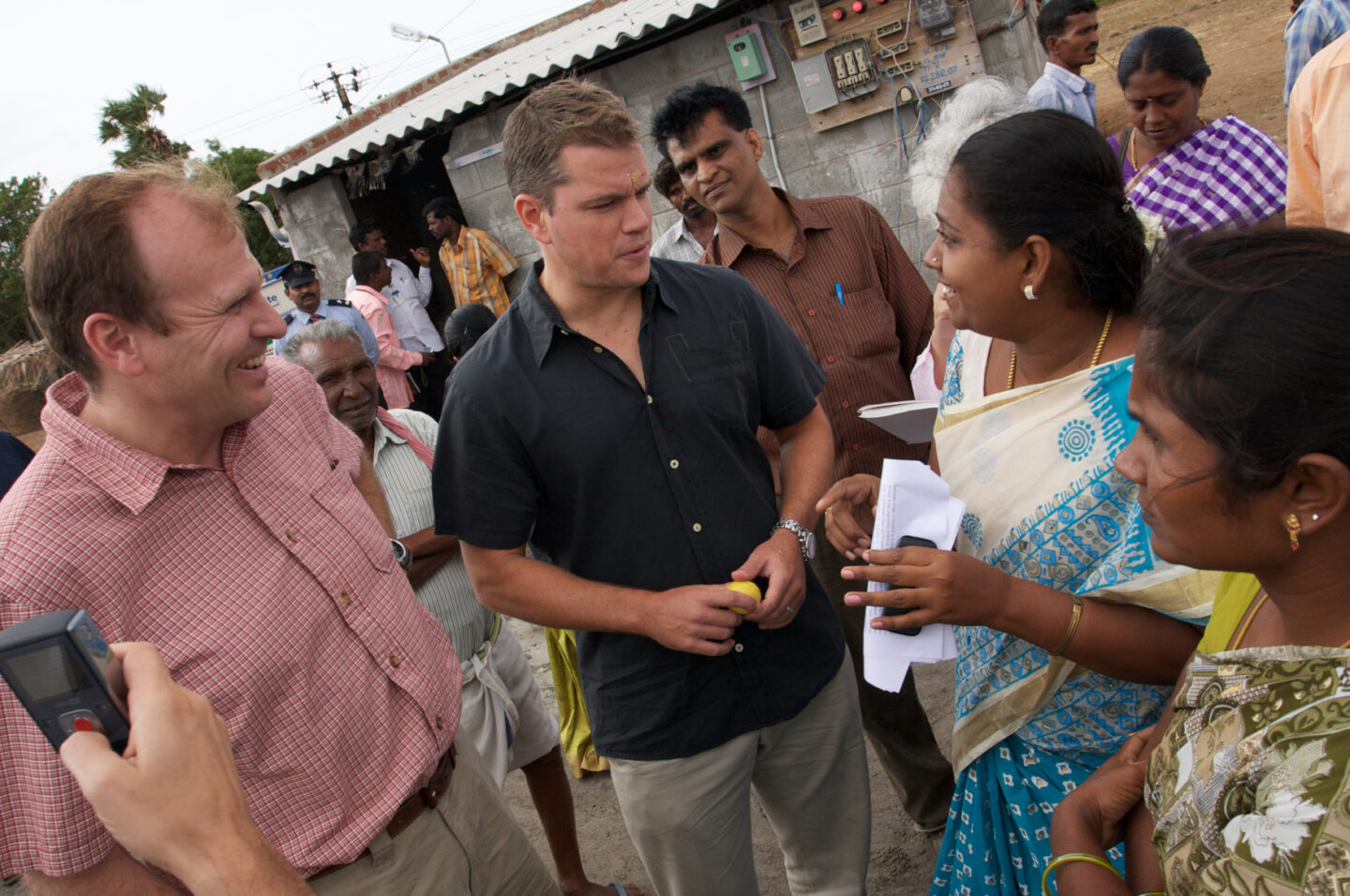
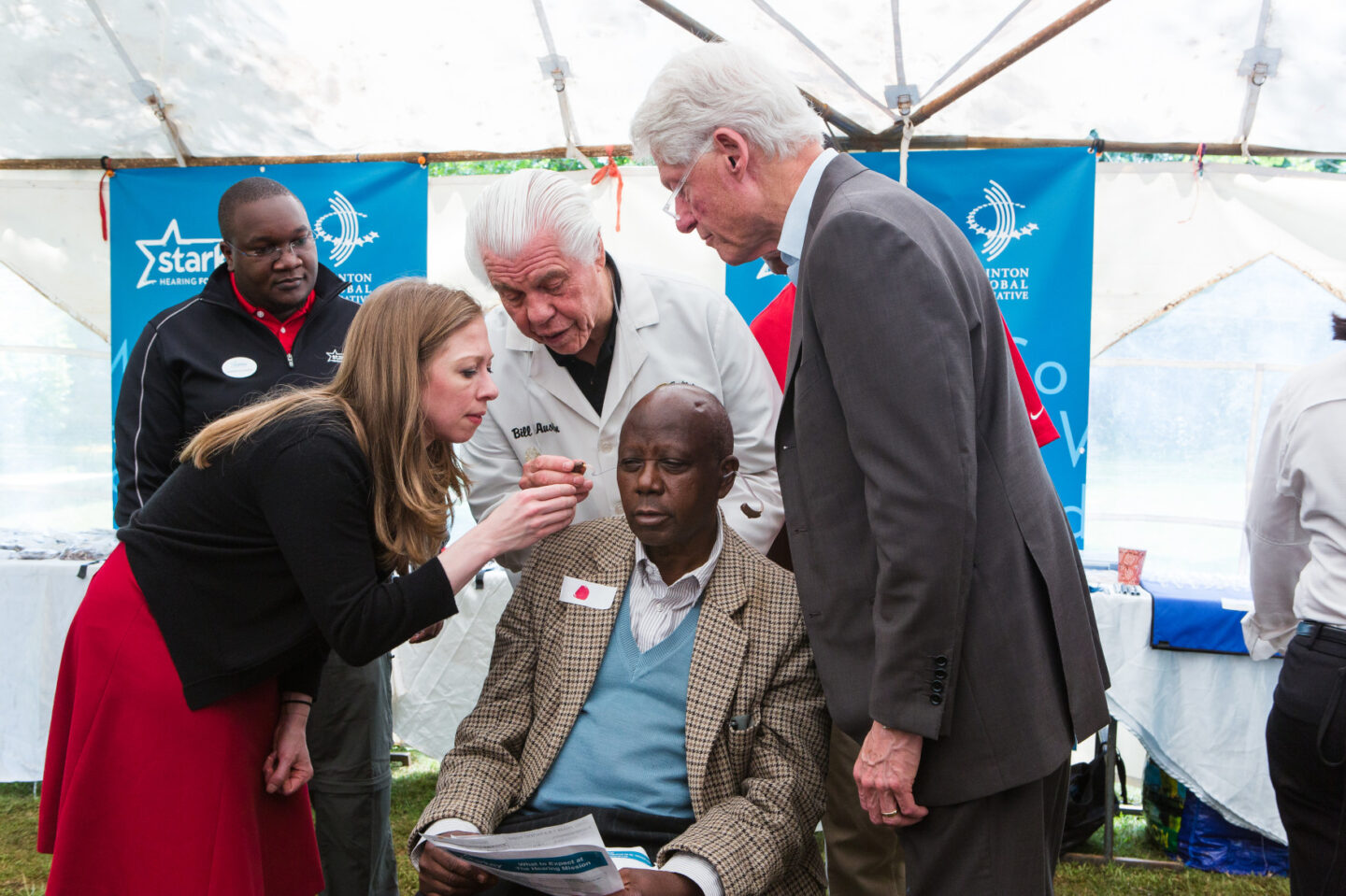

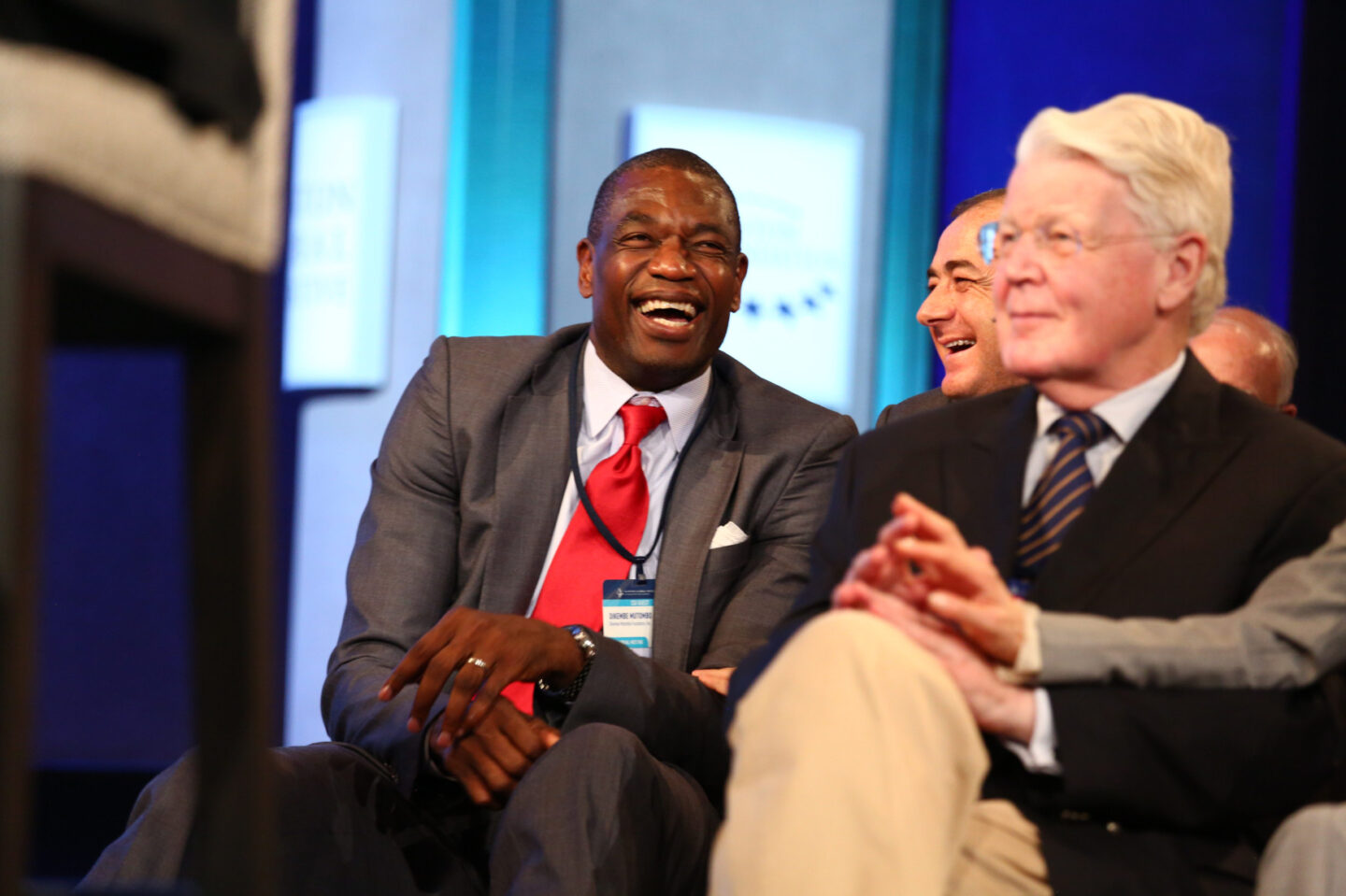

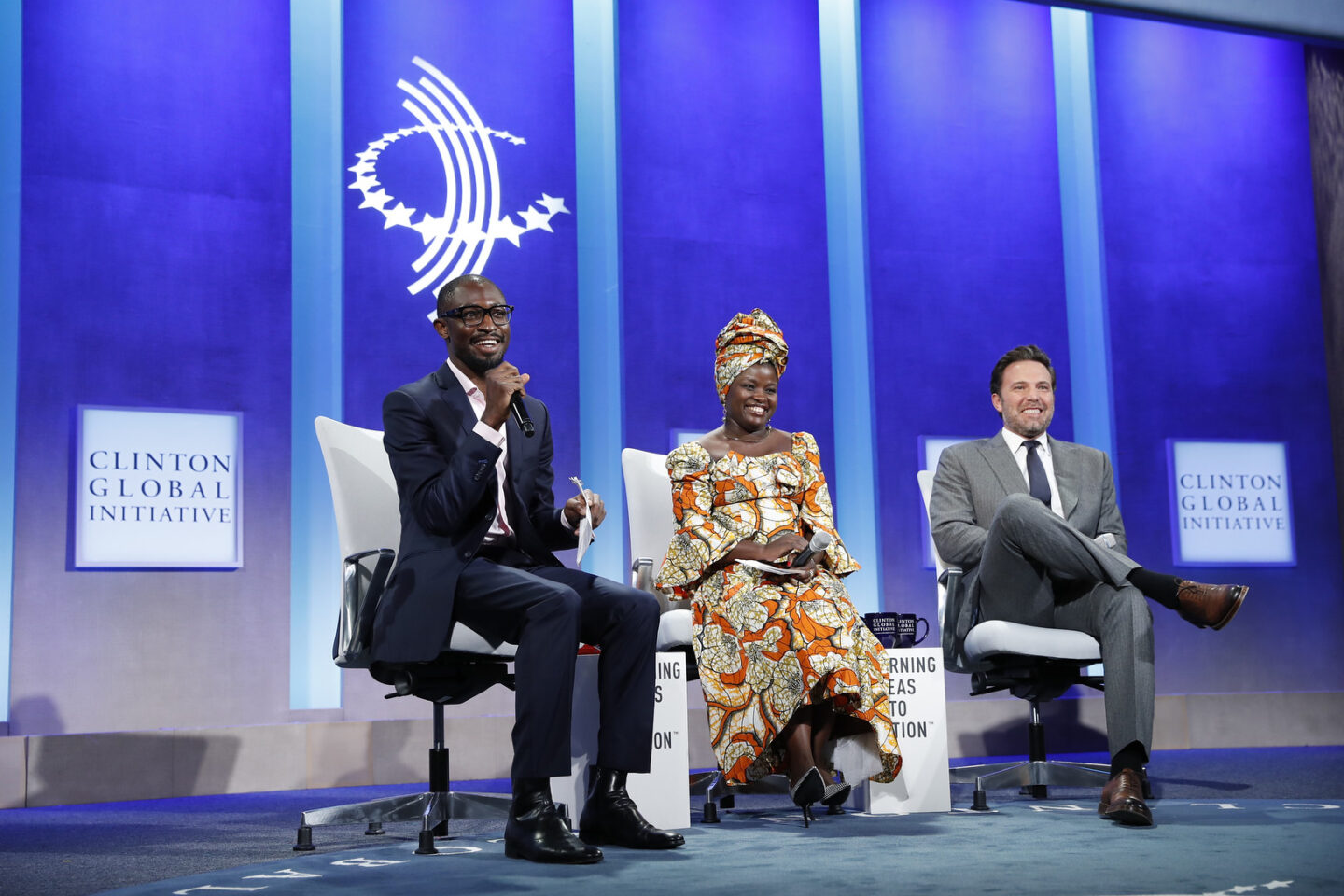
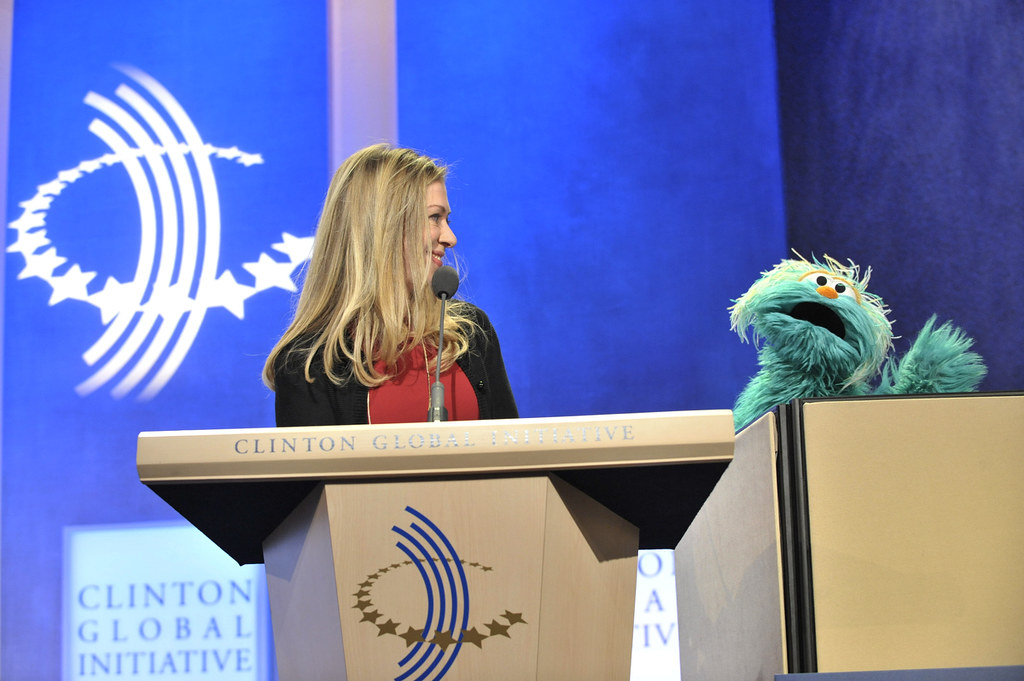
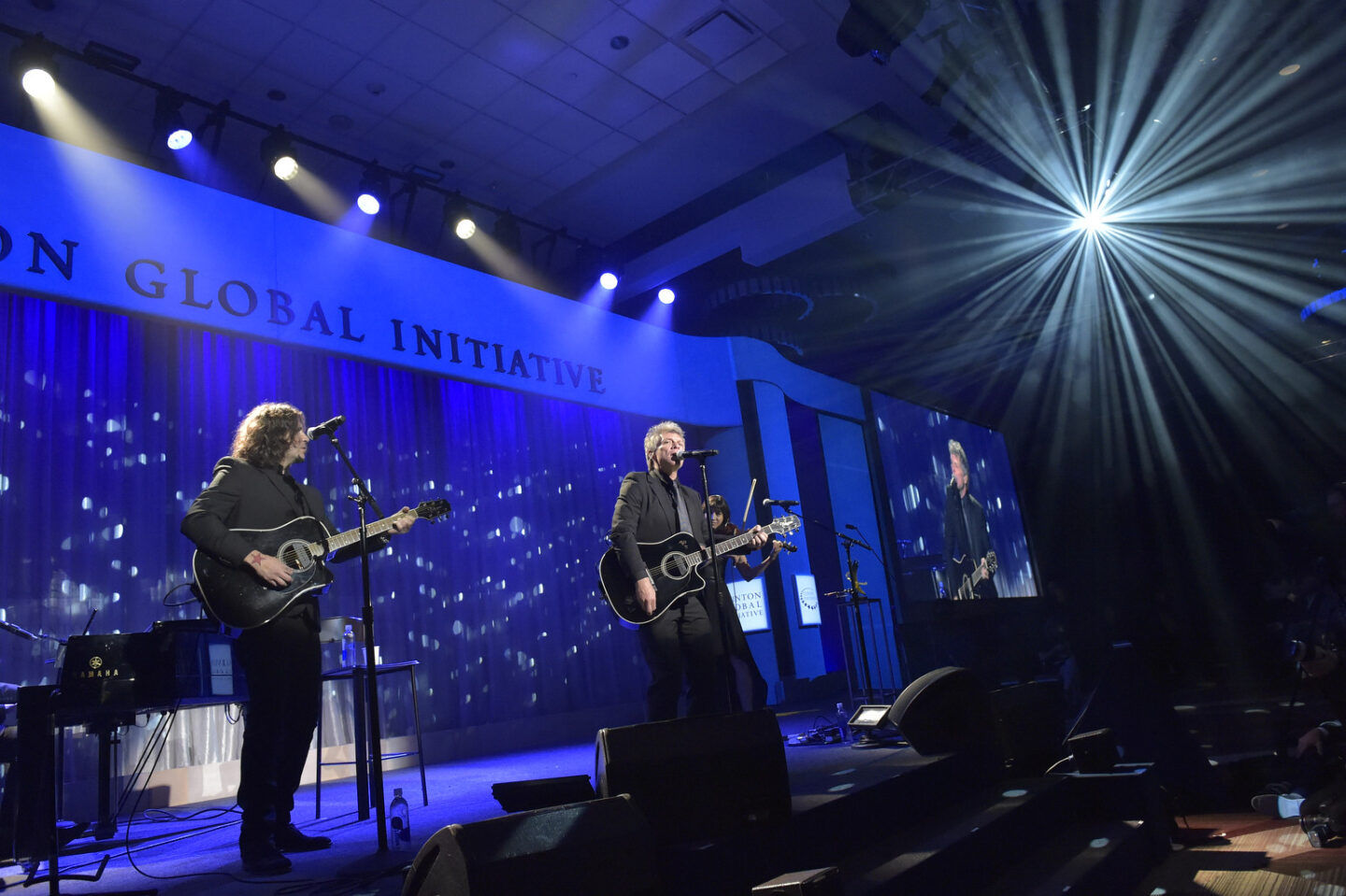


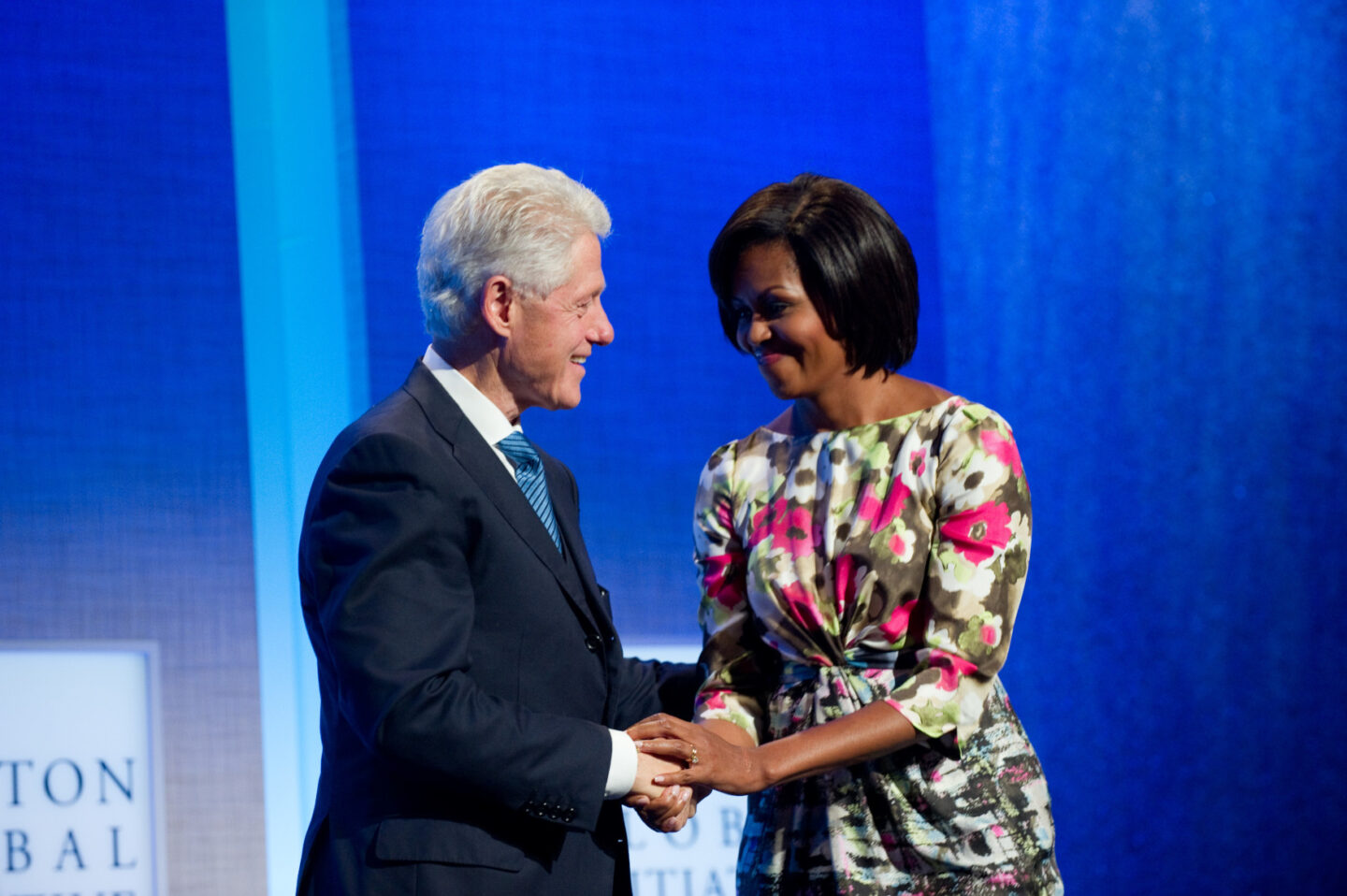
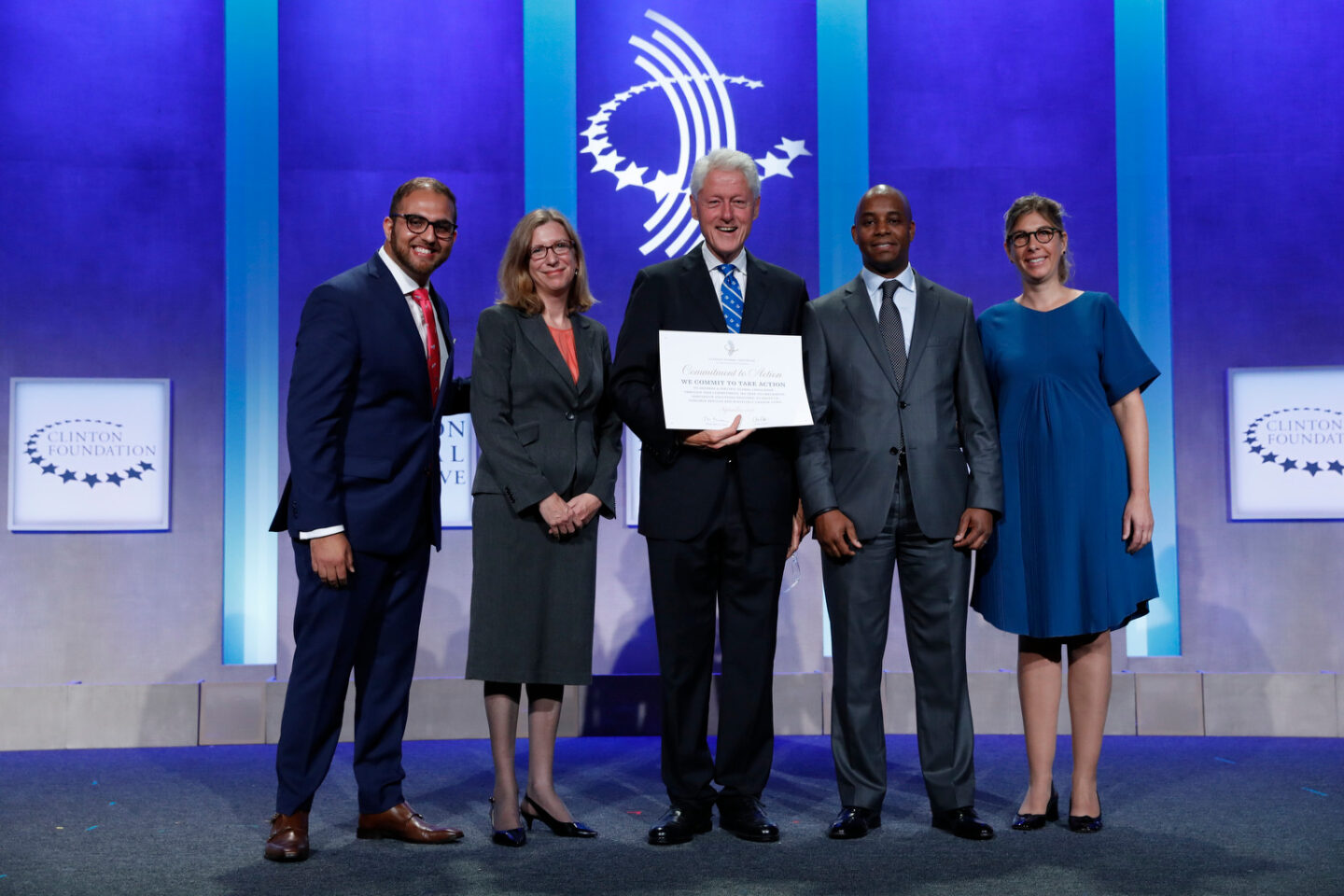
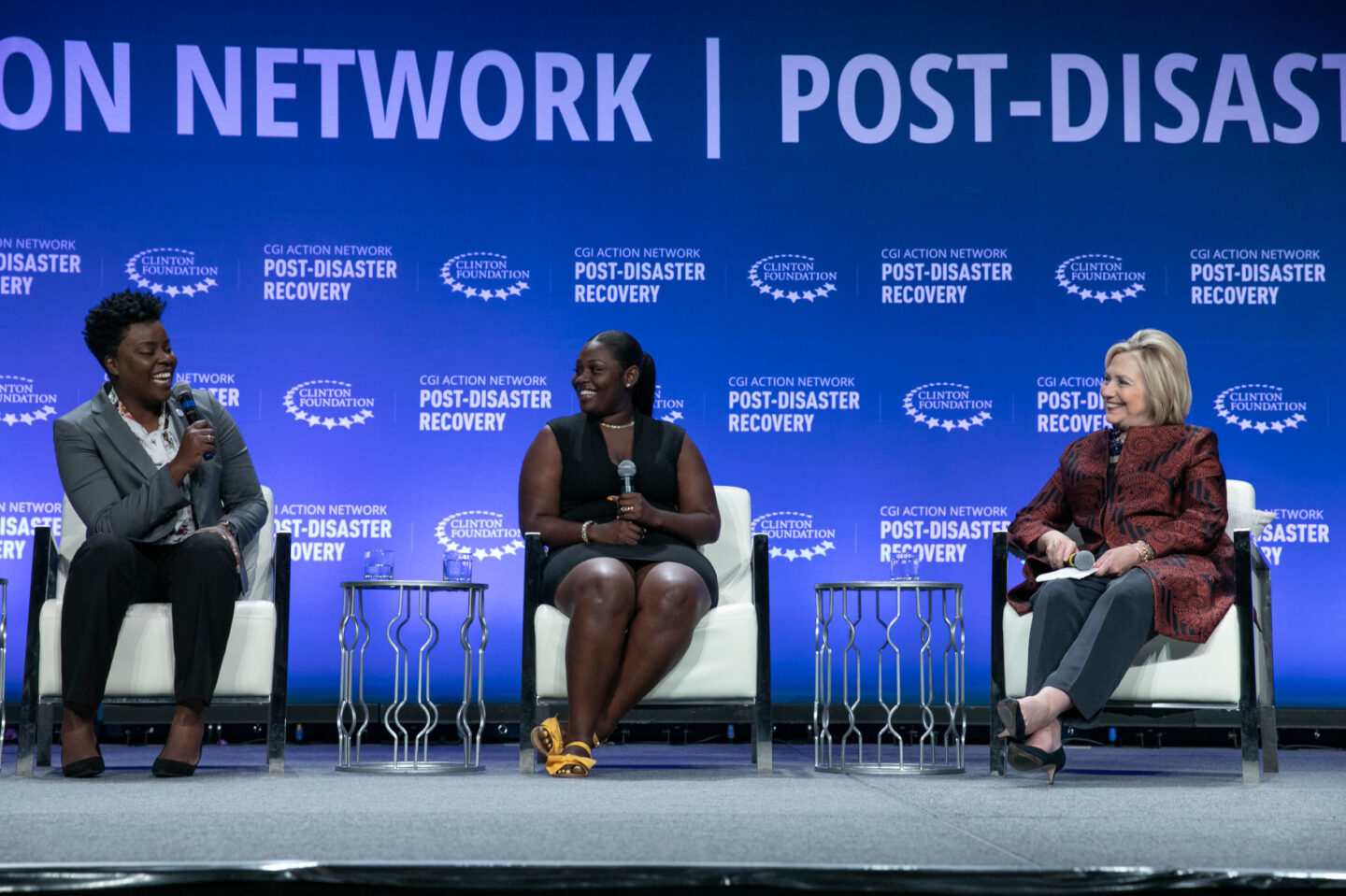
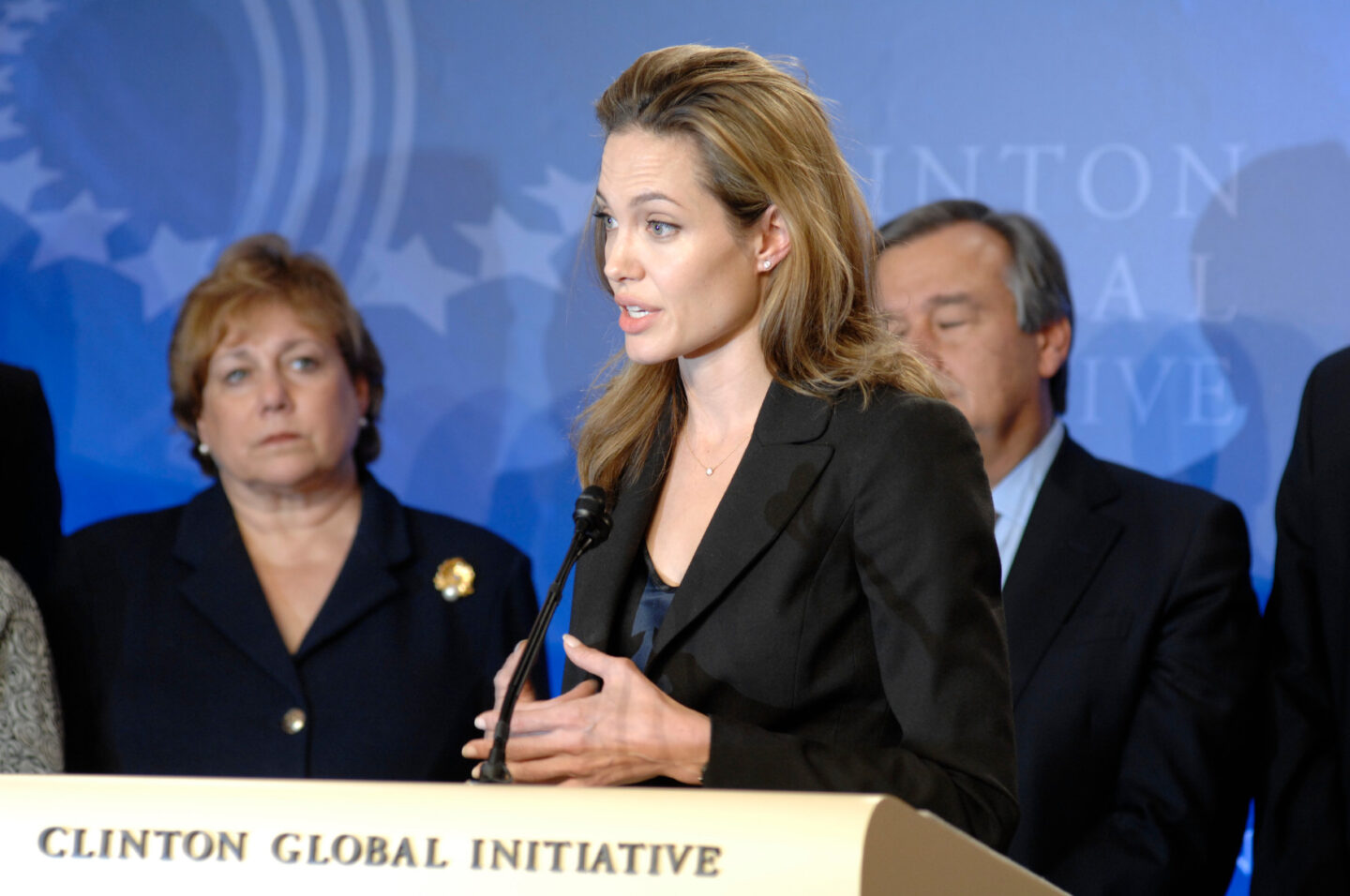
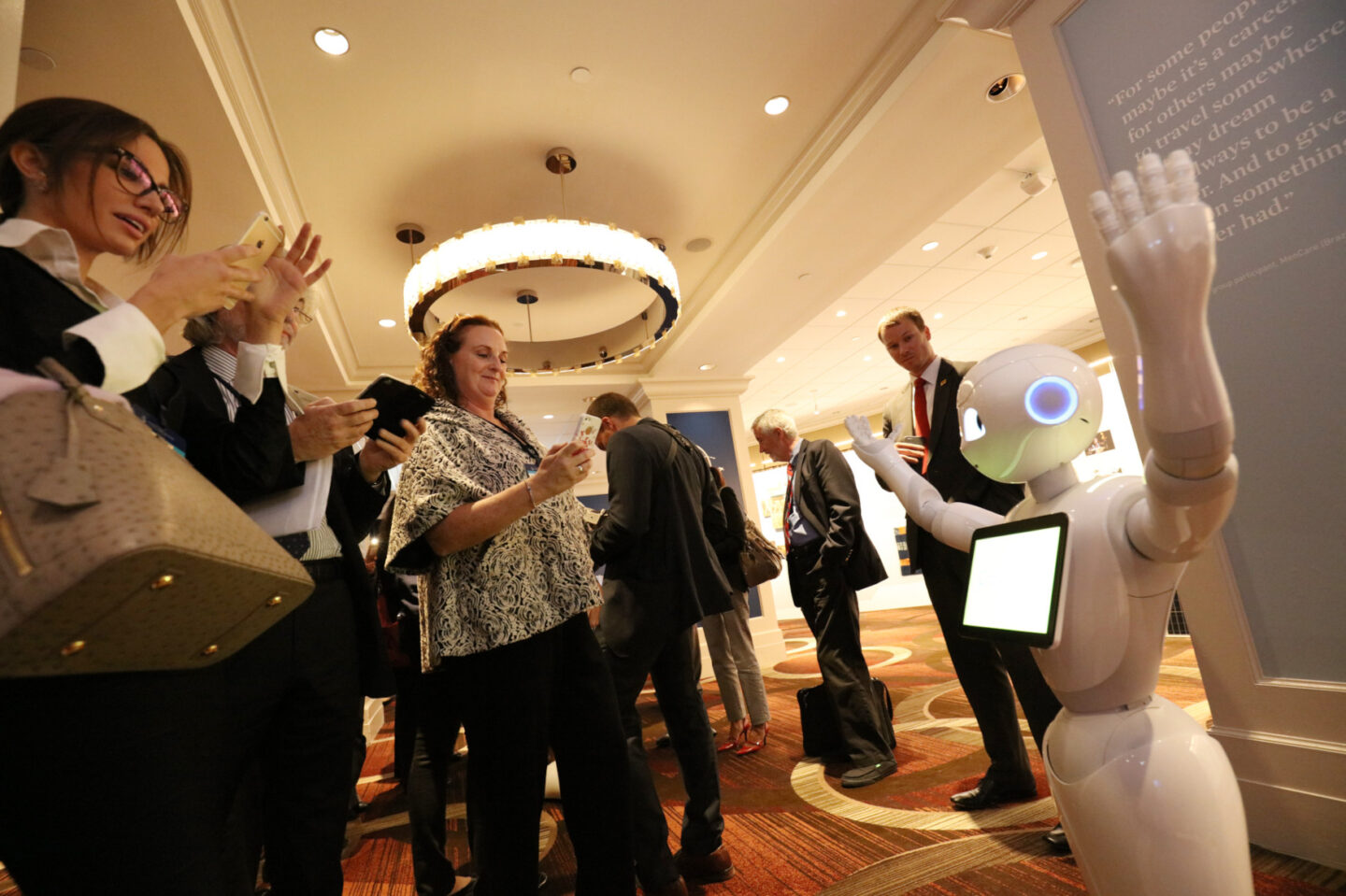

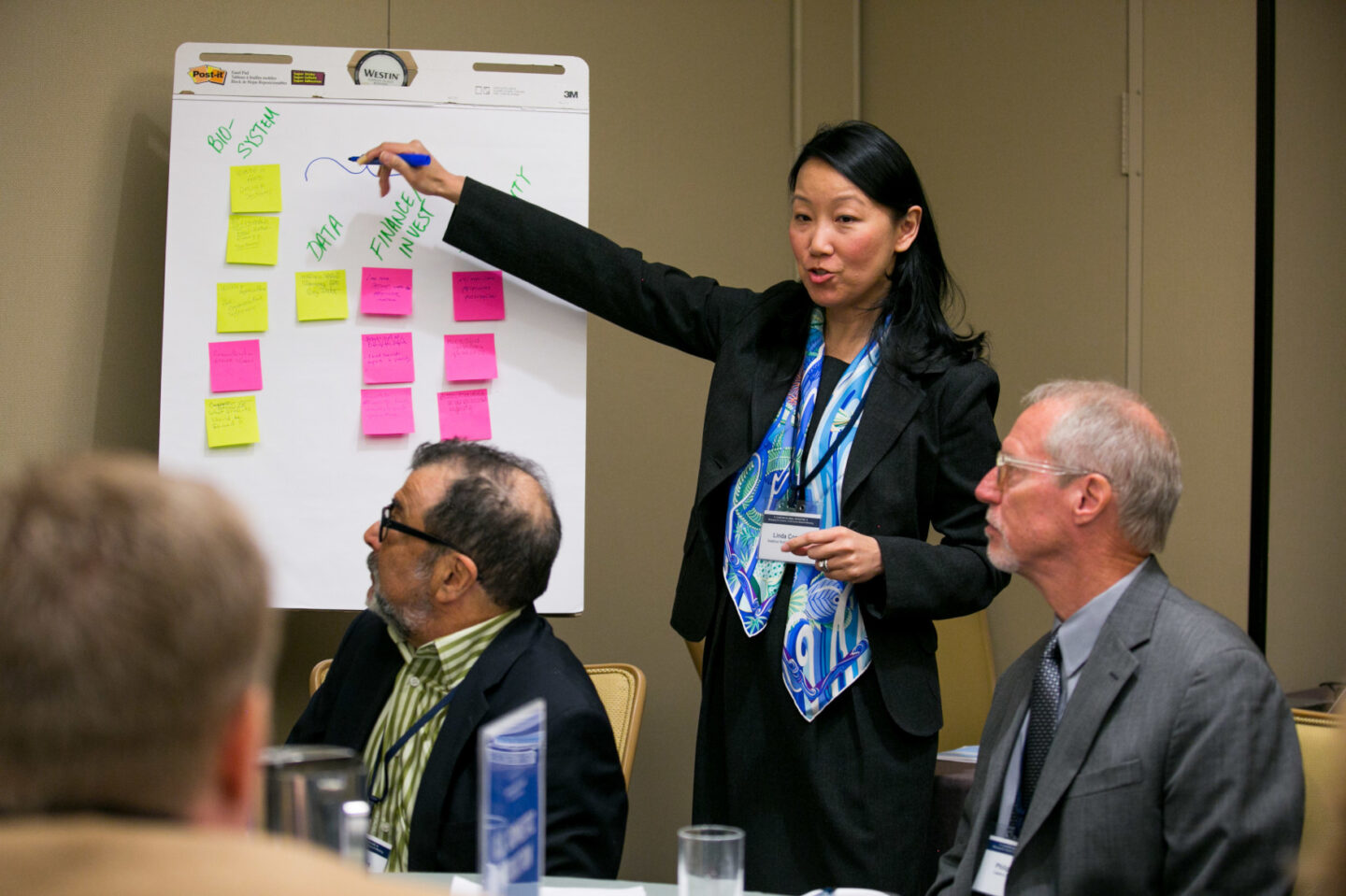


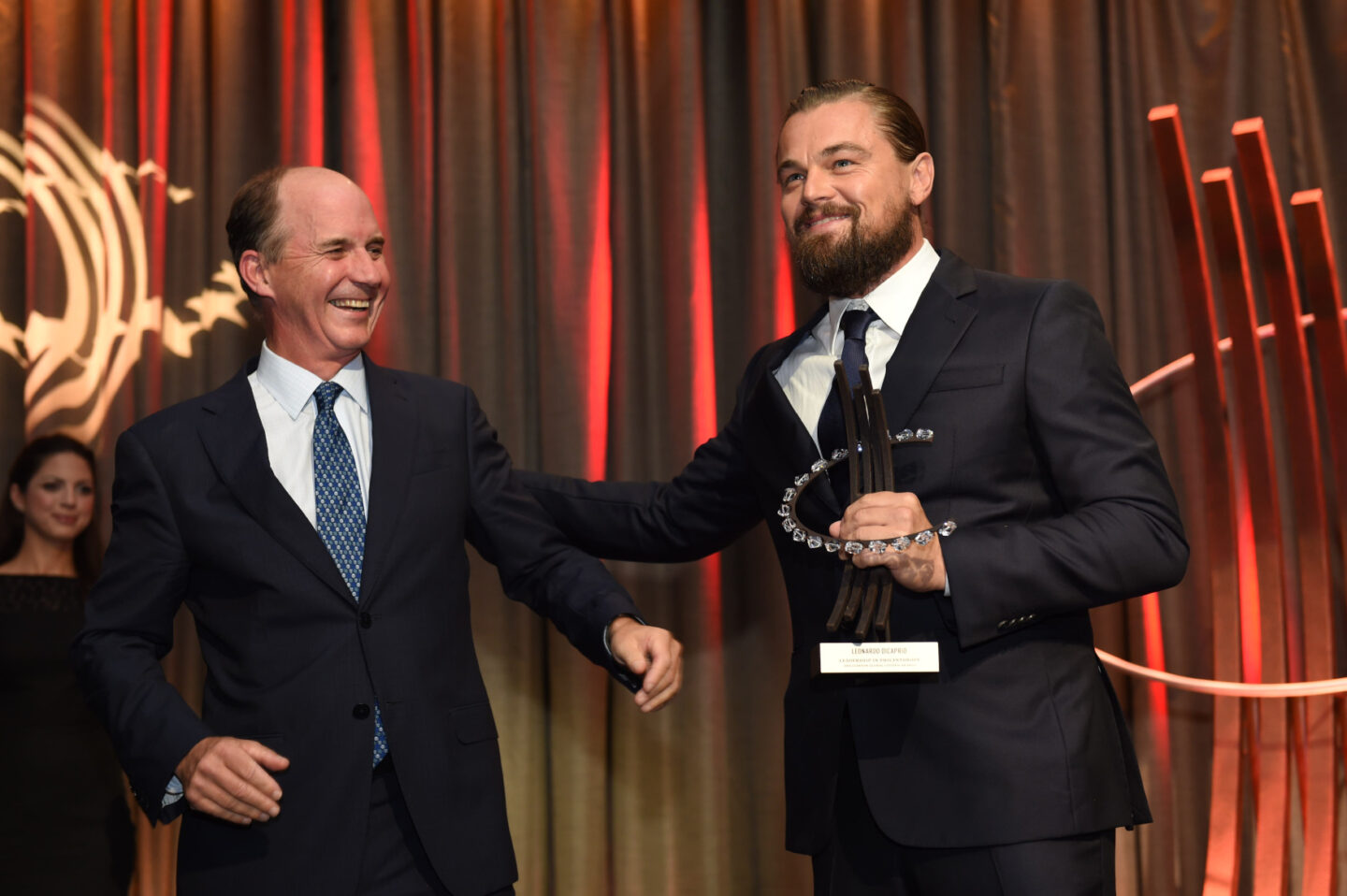
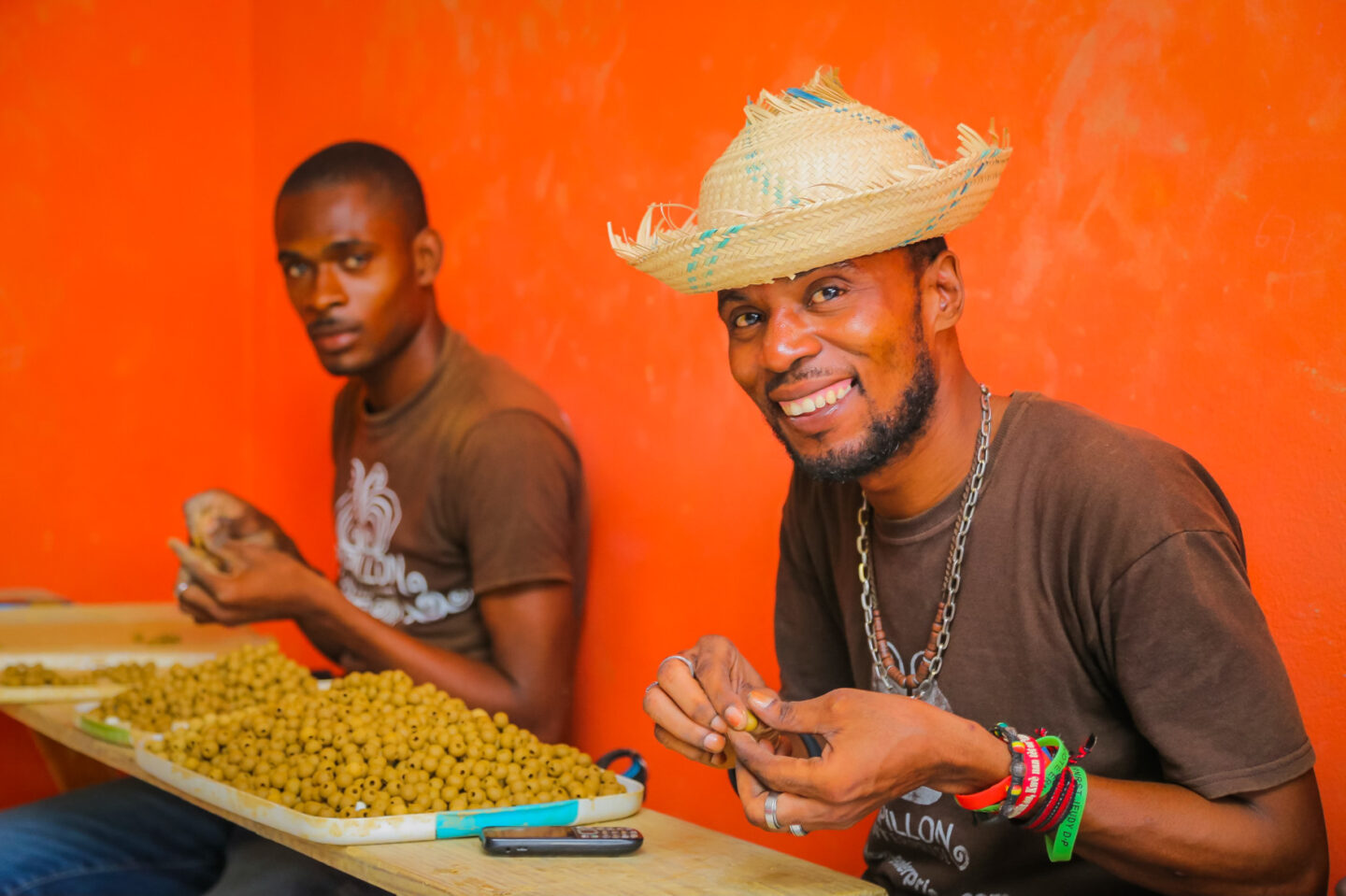

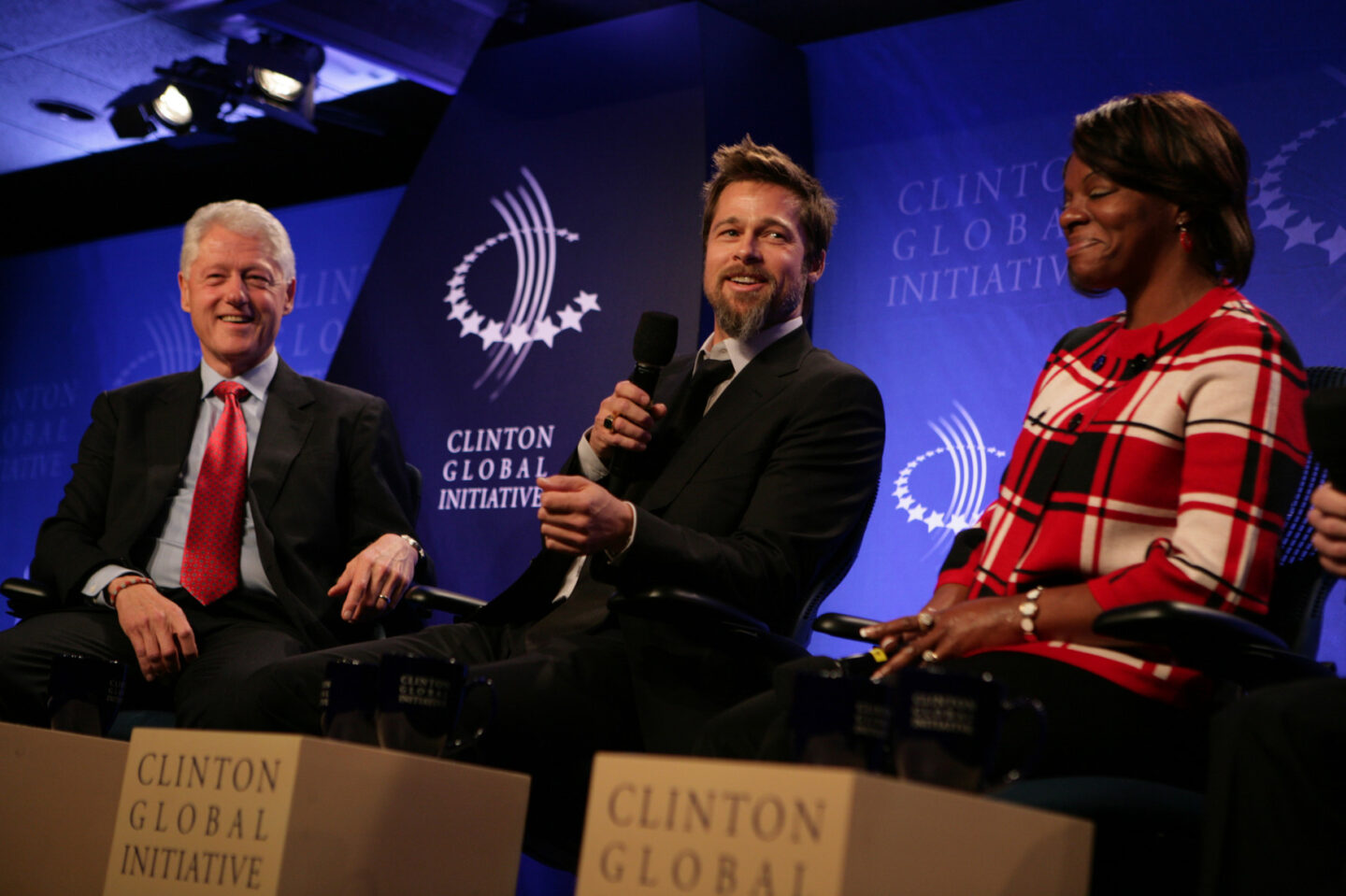
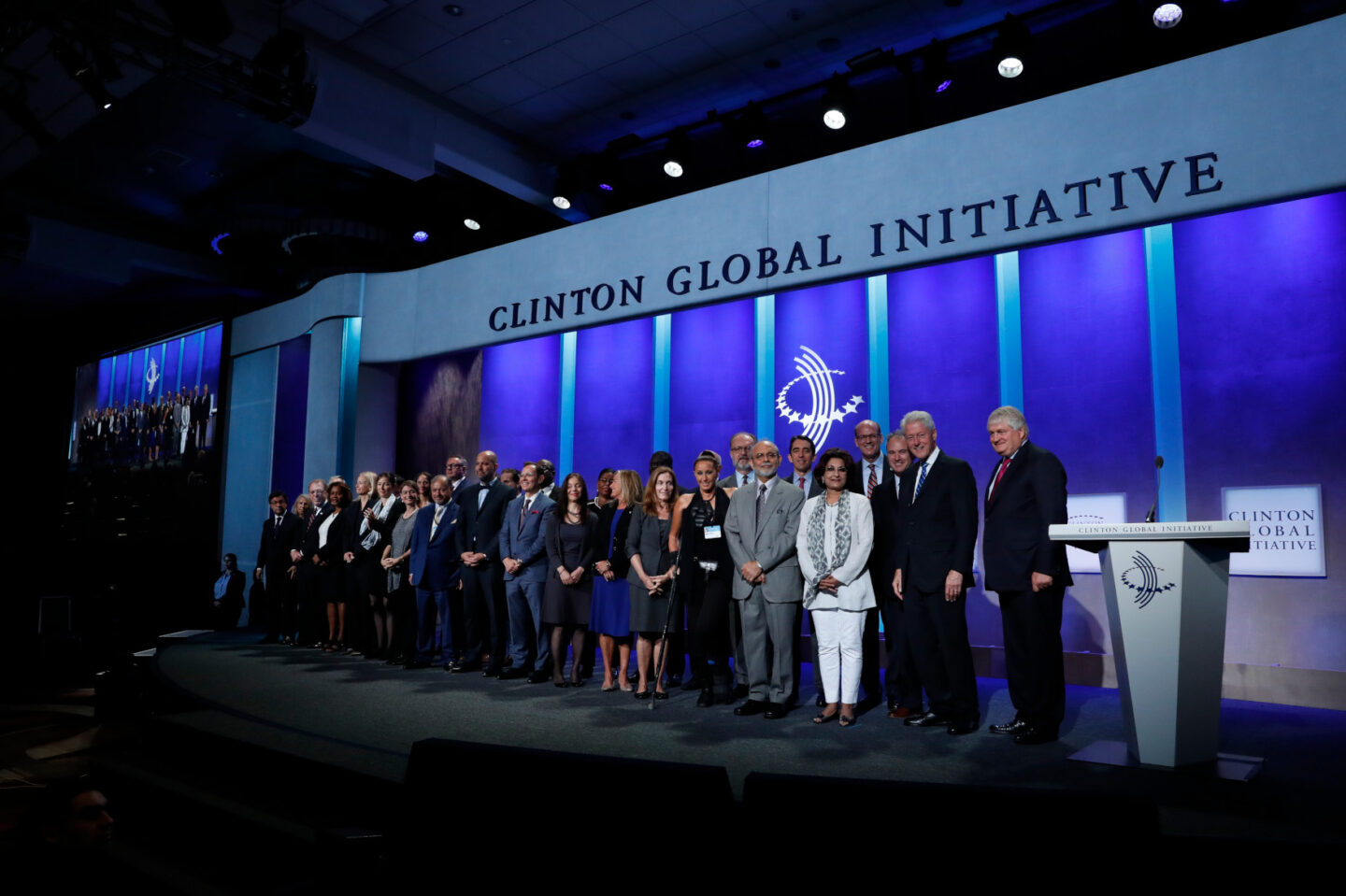
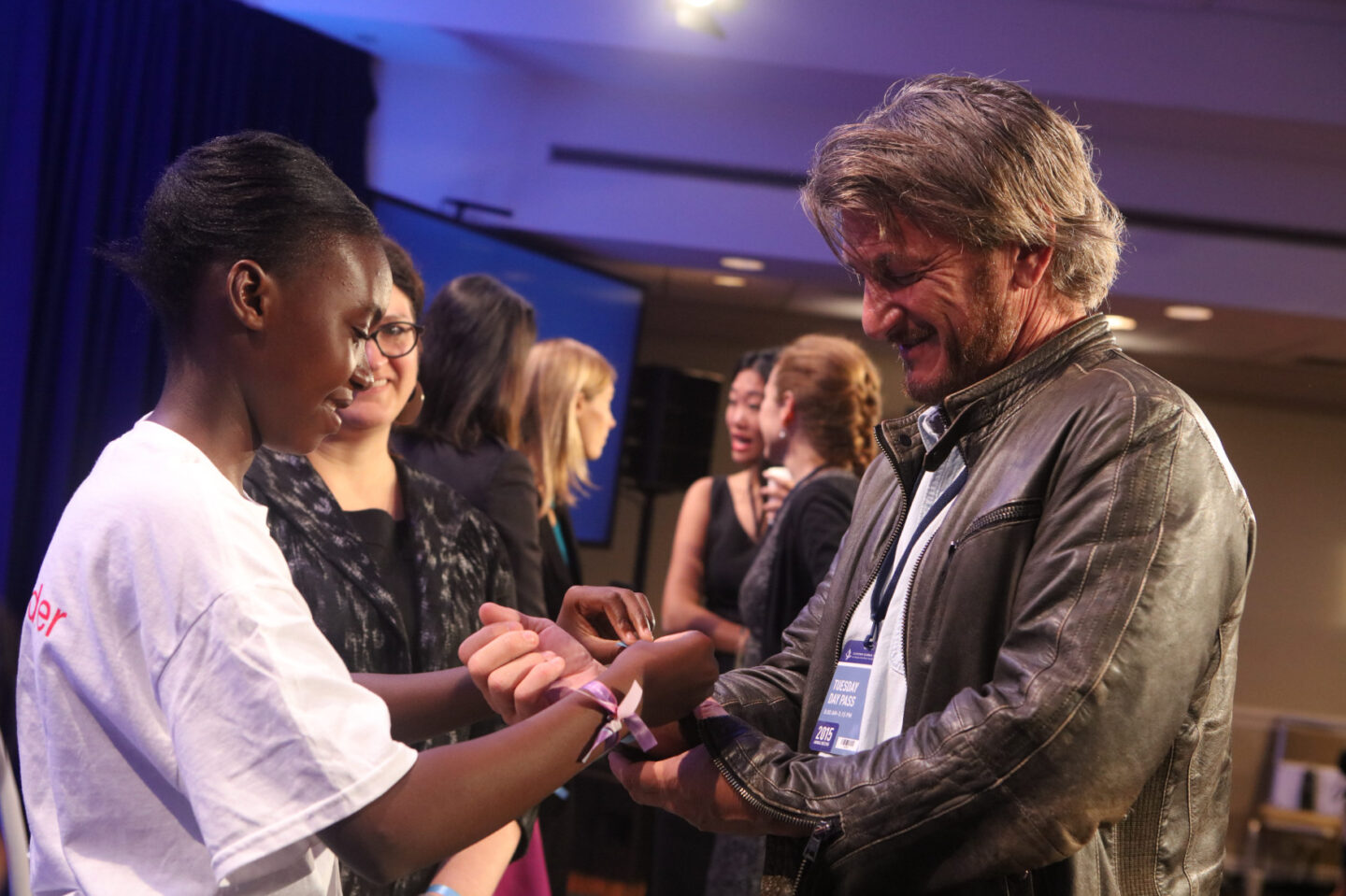

CGI convenes, connects, and catalyzes leaders in government, business, philanthropy, grassroots organizations, media, and academia to commit to take action.
CGI brings together leaders of NGOs and philanthropic organizations; prominent voices in business, labor, and finance; influential youth advocates and grassroots activists; heads of state and other government officials; and other global citizens to explore effective models for making lasting positive change.
CGI supports partners and their programs by helping to forge new partnerships, provide technical support, and elevate compelling models with potential to scale.
Solutions to many of the world’s challenges are already out there. CGI works to identify, elevate, and mobilize resources to scale them.
Your gift will help build more partnerships, develop more Commitments to Action, and do even more to address today’s most pressing challenges.
We bring together established and emerging global leaders to create and implement solutions to the world’s most pressing challenges, driving urgent action and innovation on:

Building more resilient communities in the face of global climate change.

Creating healthier communities that drive greater equity in access and care, including through targeted action networks such as the Overdose Response Network.

Encouraging equitable, inclusive economic growth, and stability for all.
Dolores Huerta receives the Clinton Global Citizen Award. (Paul Morse / 2022)
The Clinton Global Initiative (CGI) community will reconvene September 23-24, 2024 in New York City for the 2024 Annual Meeting. Timed to coincide with the U.N. General Assembly, CGI brings together business, government, and civil society leaders to drive progress on climate resilience, inclusive economic growth and recovery, health equity, the full participation of women and girls, and humanitarian response efforts to crises around the globe.
The Clinton Global Initiative (CGI) convenes global and emerging leaders to drive solutions to the world’s most pressing challenges.
Join CGI for conversations led by President Bill Clinton on creating more pathways for a new generation of homeownership and finding unique solutions to creating more equitable, inclusive, and climate-resilient affordable housing in the United States.
A virtual event hosted by the Clinton Global Initiative (CGI) Action Network on Post-Disaster Recovery
The Clinton Global Initiative (CGI) convenes global and emerging leaders to drive solutions to the world’s most pressing challenges.
Join CGI for conversations led by President Bill Clinton on creating more pathways for a new generation of homeownership and finding unique solutions to creating more equitable, inclusive, and climate-resilient affordable housing in the United States.
A virtual event hosted by the Clinton Global Initiative (CGI) Action Network on Post-Disaster Recovery
At the Clinton Foundation, we believe data should be used to guide how programs are designed and implemented. We leverage both quantitative and qualitative information in order to promote evidence-based decision-making and help the Foundation and our community of partners achieve greater results in people’s lives across the country and around the world.
from more than 4,000 projects and partnerships made through the Clinton Global Initiative — affecting people in more than 180 countries worldwide.
distributed to recovery residences, high schools, universities, and community organizations through the Overdose Response Network
made for Puerto Rico, the U.S. Virgin Islands, and Caribbean through the CGI Action Network on Post-Disaster Recovery (with estimated value of $385 million when fully funded and implemented)
Commitments to Action are new, specific, and measurable plans that address global challenges. Commitments are made, implemented, and tracked by partners. CGI is a program dedicated forging new partnerships, providing technical support, and elevating compelling models with potential to scale. CGI does not directly fund or implement these projects.

This September, the Clinton Global Initiative gathered once again for its annual meeting. Timed to coincide with the …
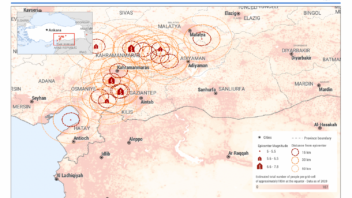
On Monday, Feb. 6, a 7.8-magnitude earthquake hit Turkey and Syria, with a 7.5-magnitude earthquake following just hours …

In September, President Bill Clinton, Secretary Hillary Rodham Clinton, and Chelsea Clinton convened global leaders from the public, …

This September, the Clinton Global Initiative gathered once again for its annual meeting. Timed to coincide with the …

On Monday, Feb. 6, a 7.8-magnitude earthquake hit Turkey and Syria, with a 7.5-magnitude earthquake following just hours …

In September, President Bill Clinton, Secretary Hillary Rodham Clinton, and Chelsea Clinton convened global leaders from the public, …